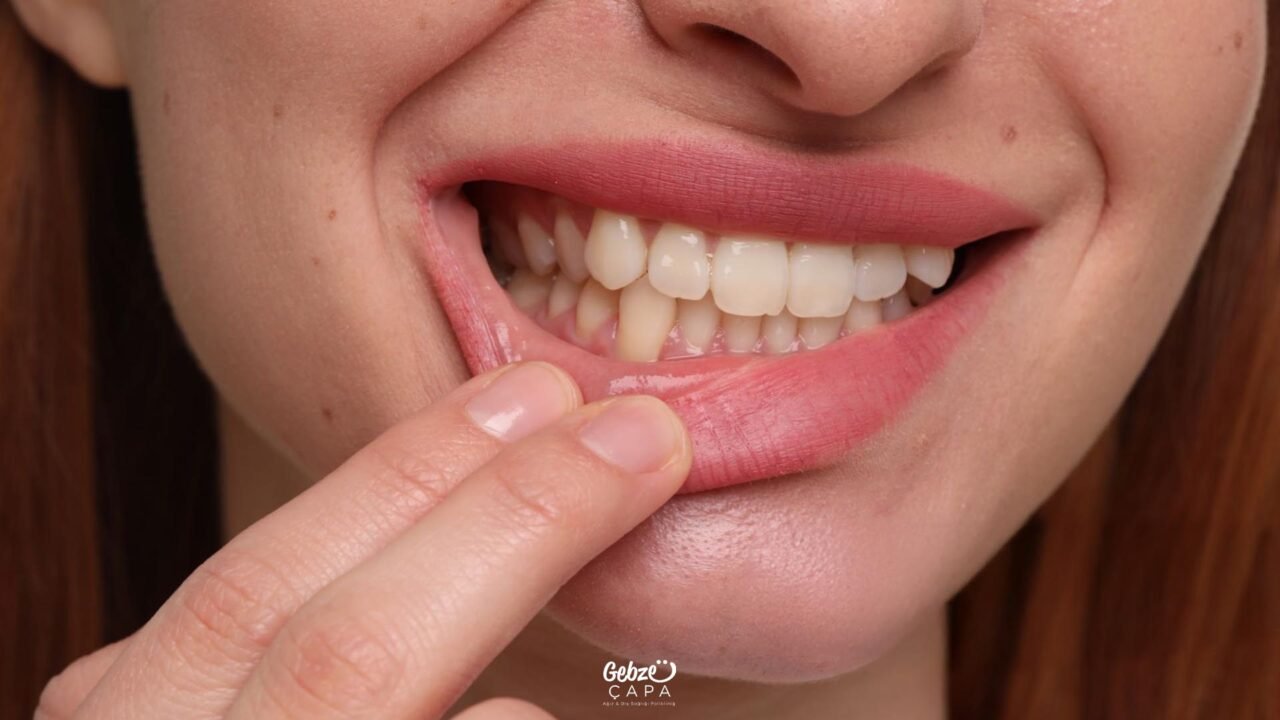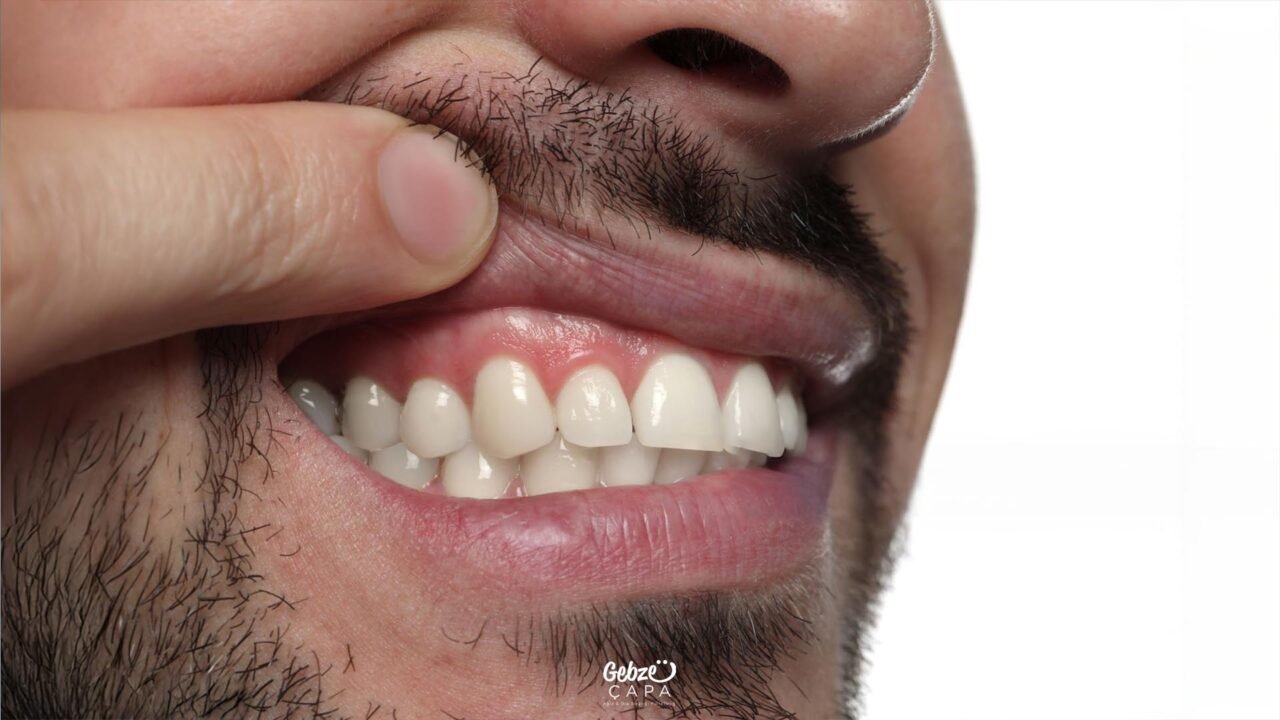Cause of Tooth Numbness
Dental health is critical not only for an aesthetically pleasing smile but also for maintaining quality of life. Healthy teeth allow us to eat comfortably, enjoy hot or cold drinks, and speak with confidence. However, some discomforts we all experience from time to time can seriously impact this comfort. The most common of these is the feeling of “numbness in the teeth.”
Numbness in the teeth is a problem that most people experience at least once in their daily lives and usually occurs suddenly. Some people describe it as a “slight tingling in my teeth,” while others describe it as feeling “like an electric shock,” especially when drinking cold water. This numbness can sometimes last for a few seconds and then disappear, while others can persist for days, significantly diminishing quality of life.
What is Tooth Numbness?
Tooth numbness is a discomfort that manifests as a brief tingling, pain, or sometimes complete numbness in the teeth or gums. Many people experience this sensation, especially after drinking cold water or eating hot food. However, tooth numbness isn’t just caused by hot or cold exposure; it can also be caused by other factors, such as unnoticed tooth decay, gum disease, or excessive clenching.
This sensation is usually related to weakened tooth enamel or the exposure of the tooth roots. When we look at the structure of the tooth, the outermost layer is the tough, protective enamel. Just beneath the enamel is a layer called “dentin,” containing millions of microscopic tubules.
These tubules are directly connected to the tooth’s nerves. If the enamel wears away or the dentin is exposed due to gum recession, the nerve endings become vulnerable to external factors. At this point, the person may suddenly experience a tingling and numbness sensation when drinking a cold drink, eating sweets, or biting into a hard food.
Sometimes this sensation lasts a few seconds and then subsides, while other times it develops into an uncomfortable sensitivity that lasts all day. Many people describe it as “a feeling like an electric shock in my tooth” or “like my tooth is freezing in the cold.” This demonstrates just how distressing tooth numbness can be.

What Causes Numbness in Teeth?
Numbness in teeth is often caused by underlying causes such as cavities, enamel erosion, gum recession, and nerve inflammation. As cavities progress, they approach the nerve of the tooth, causing tingling and numbness, especially when in contact with hot, cold, or sweet foods. Thinning of the enamel layer caused by acidic drinks, harsh brushing, or clenching also leaves the dentin vulnerable, increasing sensitivity.
Gum recession exposes the root surface, and because nerve endings are directly affected, sudden numbness occurs with cold drinks. Nerve inflammation, which can develop after decay or trauma, can also cause both numbness and severe pain. All these factors indicate that tooth numbness is often not simply sensitivity but a sign of a dental health problem that requires treatment.
When Should Tooth Numbness Be Taken Seriously?
Short-term numbness in the teeth is usually not cause for concern and can resolve on its own. However, if this feeling persists for a long time or is accompanied by specific symptoms, it should be taken seriously. If the numbness persists for more than a few weeks, if it is accompanied by severe pain with hot or cold foods and drinks, if the pain is so severe that it wakes you up at night, or if it is accompanied by bleeding, swelling, or inflammation of the gums, it’s important to see a dentist immediately. These symptoms can be a sign of a much more serious dental problem than simple sensitivity.

Precautions to Prevent Tooth Numbness
Use proper brushing technique: Hard brushing erodes tooth enamel. Choose a medium-hard brush.
Limit acidic and sugary drinks: These foods weaken tooth enamel.
Prevent teeth grinding: Use a night guard if necessary.
Keep up with dental checkups: Problems diagnosed early are easier to fix.
Choose fluoride toothpaste: Fluoride strengthens tooth enamel and reduces sensitivity.
Treatment of Tooth Numbness
Treatment methods vary depending on the cause of tooth numbness.
- If there is a cavity, a filling or root canal is required.
- If there is gum recession, periodontal treatment is applied.
- If there is enamel erosion, fluoride applications or special desensitizing toothpastes may be used.
- If teeth grinding is a problem, a night guard is recommended.
In some cases, cosmetic procedures such as laser therapy or bonding may also be considered.

While tooth numbness is often the result of simple causes, it can sometimes be the first sign of a more serious problem. If you experience numbness that lasts for a long time and interferes with your daily life, it’s essential to see a dentist. Early checkups can prevent major problems in the future and help you maintain a healthy, comfortable smile.


